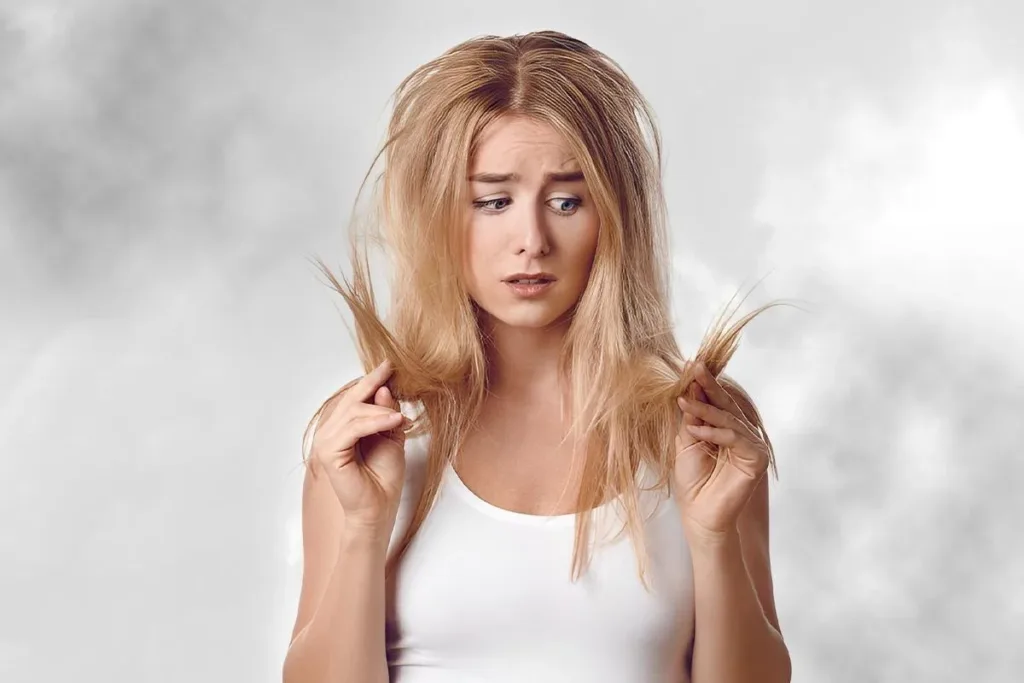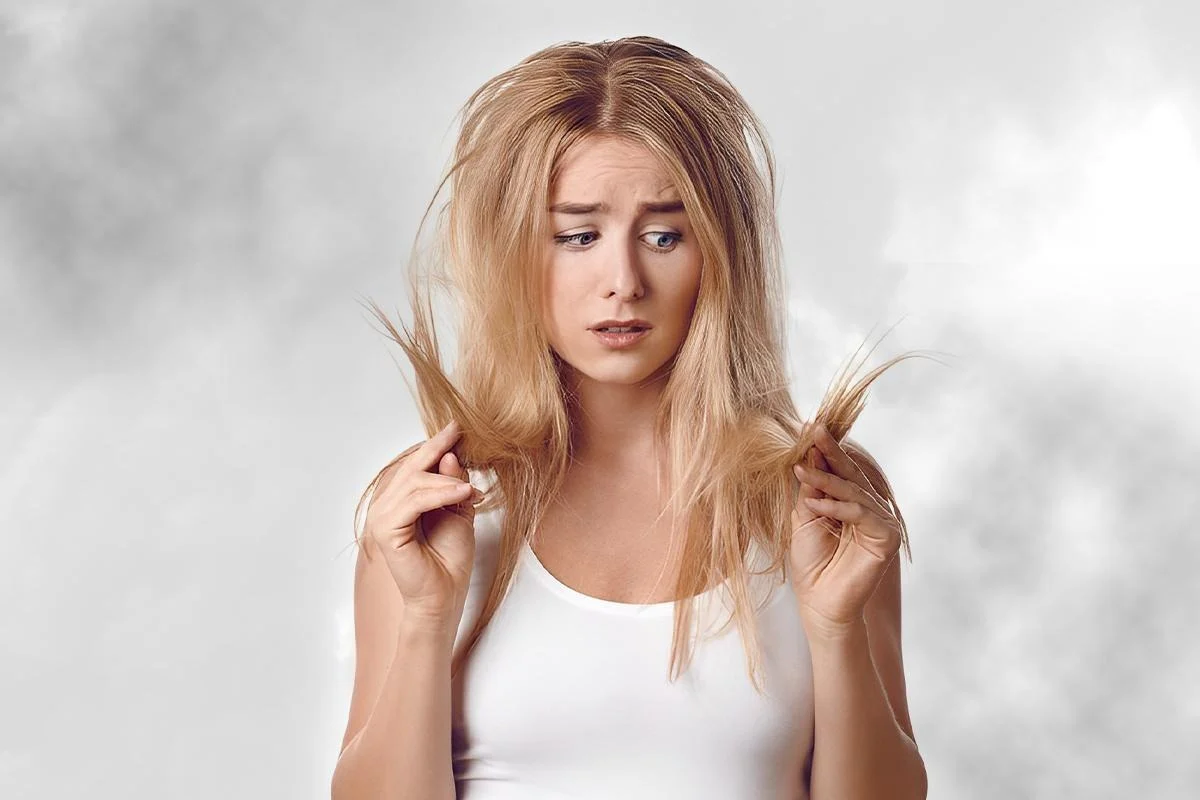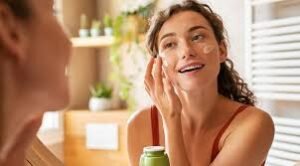Hidden Dangers of Pollution in Hair Products
In our quest for healthy, lustrous hair, we often turn to a variety of hair care products, from shampoos and conditioners to styling gels and serums. However, amidst the plethora of choices available, there lies a hidden concern—pollution. While we typically associate pollution with environmental factors like air quality, its presence in hair products is a lesser-known but significant issue. This article delves into the hidden dangers of pollution in hair products, examining how pollutants can find their way into our hair care routines, their potential effects, and what consumers can do to make informed choices for healthier hair.

Understanding Pollution in Hair Products
Pollution in hair products refers to the presence of potentially harmful substances that can adversely affect both hair and scalp health. These pollutants can originate from various sources, including manufacturing processes, raw materials, and even packaging materials. Common pollutants found in hair products include:
- Heavy Metals: Such as lead, mercury, and arsenic, which can accumulate in the hair and scalp over time.
- Volatile Organic Compounds (VOCs): Found in aerosol sprays and styling products, these compounds can contribute to indoor air pollution and may be absorbed through the scalp.
- Formaldehyde: Used in some hair smoothing treatments, formaldehyde is a known carcinogen and can cause scalp irritation and respiratory issues.
Effects of Pollution in Hair Products
1. Scalp Irritation and Sensitivity
Pollutants in hair products can irritate the scalp, leading to symptoms such as itching, redness, and inflammation. Individuals with sensitive skin or pre-existing scalp conditions may be particularly susceptible to these effects.
2. Hair Damage and Breakage
Certain pollutants, such as heavy metals and harsh chemicals, can weaken hair strands over time, leading to increased breakage, split ends, and overall hair fragility. Hidden Dangers This can compromise hair health and appearance, making it more difficult to achieve and maintain desired styles .
3. Respiratory Concerns
Aerosolized pollutants in hair sprays and styling products can contribute to indoor air pollution, potentially exacerbating respiratory conditions in susceptible individuals. Proper ventilation and minimizing aerosol use can help reduce exposure.
Making Informed Choices: How to Avoid Pollution in Hair Products
1. Read Labels and Ingredients
Carefully review product labels and ingredient lists to identify potentially harmful substances. Look for products that are free from sulfates, parabens, phthalates, and formaldehyde-releasing agents.
2. Choose Natural and Organic Options
Opt for hair care products formulated with natural and organic ingredients, which are less likely to contain synthetic chemicals and pollutants. Look for certifications such as USDA Organic or EcoCert to ensure product authenticity.
3. Avoid Overuse of Styling Products
Minimize the use of aerosol sprays and styling gels containing VOCs, as these products can contribute to indoor air pollution and may contain harmful additives. Use them sparingly and in well-ventilated areas.
4. Research Brand Practices
Research brands and manufacturers to learn about their sustainability practices, ingredient sourcing, and commitment to product safety. Choose brands that prioritize transparency and adhere to strict quality standards.
5. Consider DIY Alternatives
Explore DIY hair care alternatives using natural ingredients such as coconut oil, aloe vera, and essential oils. These homemade remedies can be effective for nourishing hair without the risk of exposure to pollutants.
Pollution-Proof Skincare Routine
Conclusion
While hair care products are intended to enhance hair health and appearance, the presence of pollutants poses hidden risks to consumers. Hidden Dangers By understanding the sources and potential effects of pollution in hair products, and taking proactive steps to choose safer alternatives, consumers can protect their hair and scalp from unnecessary exposure to harmful substances. Whether opting for natural, organic products or minimizing the use of aerosol sprays, making informed choices can lead to healthier hair and contribute to overall well-being.








Leave a reply